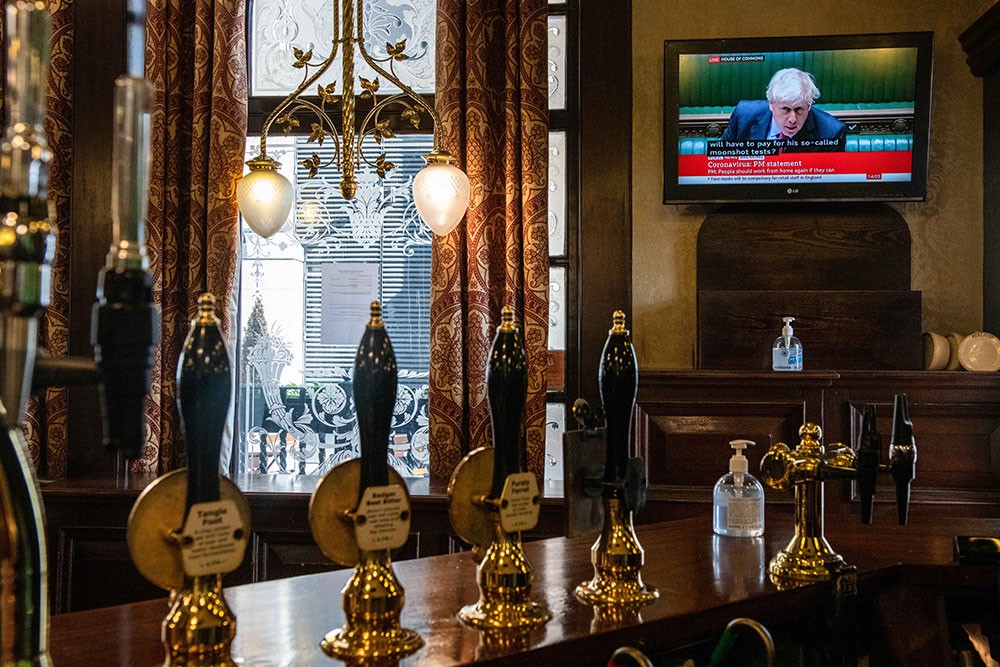
Accountants are warning that calculating the extent of losses caused by the Covid-19 pandemic are far from straightforward when making a business interruption insurance claim, despite the Financial Conduct Authority’s recent successful action against insurance companies.
Under the High Court ruling, some 370,000 small businesses are set to receive pay-outs after being denied claims under business interruption policies for losses arising from the pandemic.
The FCA’s test case was based on a representative sample of policy wordings issued by eight insurers. The aim was to clarify key issues of contractual uncertainty for as many policyholders and insurers as possible, thus removing the need for businesses to resolve those issues individually with their insurers.
The decision today could possibly add to the confusion experienced by many business owners
Although the judgment will come as welcome news for many policyholders, the FCA cautioned that the ruling did not make the eight defendant insurers liable across all of the 21 different types of policy wording in the representative sample considered by the court.
Christopher Woolard, FCA interim chief executive, said: ‘Insurers should reflect on the clarity provided here and, irrespective of any possible appeals, consider the steps they can take now to progress claims of the type that the judgment says should be paid.’
The decision today could possibly add to the confusion experienced by many business owners
Not straightforward
Paul Smethurst, partner and forensic investigation specialist at Menzies, said businesses may find that quantifying the losses caused by any coronavirus-related business interruption is not straightforward. He said: ‘As well as considering any obvious loss of profits based on a comparison with normal trading activity, they should consider any contracts that were lost, or failed to convert, due to the lockdown restrictions.
‘Businesses may have received enquiries that they were unable to fulfil or respond to within the required timeframe, and these projected losses should also be taken into account. Some businesses in the hospitality and leisure industry, such as pubs and restaurants, could lose out on quantity discounts that they might have expected to earn under normal circumstances. This could result in increased costs and reduced profitability going forward.
‘With the prospect of more local lockdowns in the months ahead, businesses must continue to keep detailed records of their commercial dealings in a format that could assist them in bringing further claims in a timely way in the future.’
Consult the small print
Rafi Saville, forensic partner at accountancy firm HW Fisher, warned that it is now crucial for businesses to pay attention to the wording of any policies. ‘This a landmark case and one of the most controversial legal issues resulting from the coronavirus crisis,’ he said. ‘The ruling is likely to be considered as a partial victory and it could have a ripple effect for the entire marketplace, with its conclusions likely to be applied to other affected claims.
‘However, the decision today could possibly add to the confusion experienced by many business owners. Although the ruling may well be subject to an appeal, it becomes even more necessary for businesses to consult their insurance documentation with a view to understanding whether their Covid-related losses will be covered.’





